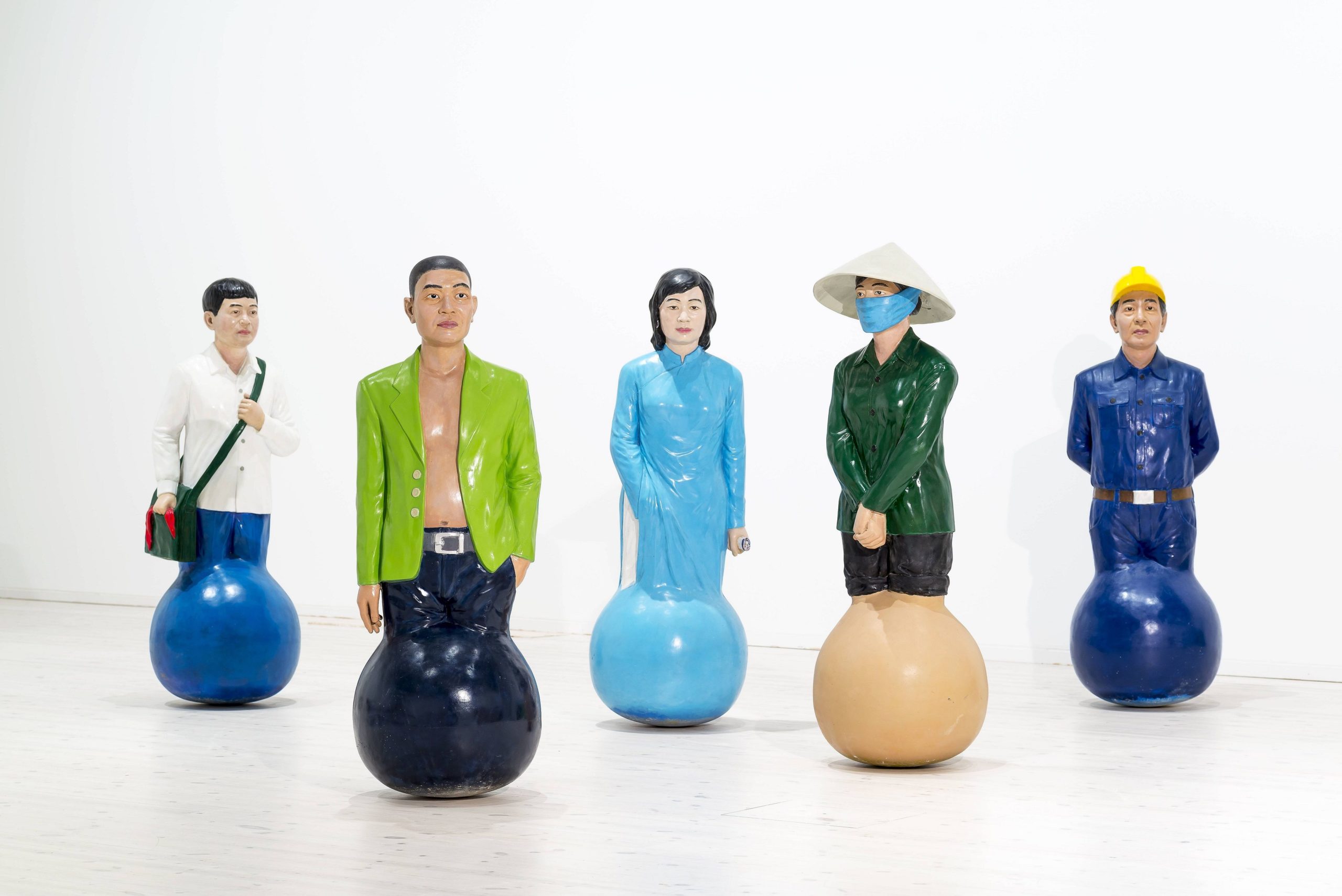Asian Values

“Last year, ‘Asian values’ became the one-stop explanation for the success of countries such as China, South Korea, Japan, Taiwan, Singapore and Vietnam in controlling the virus. The west, many insisted, had paid for its individualist ethos by having populations refuse to obey the authorities, fail to wear masks or observe lockdowns.
Except that it has not quite turned out like that. … Tokyo is in its fourth lockdown and Covid cases are still rising sharply. … Less than a third of the population has been vaccinated and only a minority trust Covid vaccines. The only other nation so sceptical of vaccines is another east Asian country, South Korea. … All this puts a dent in the claim that Asian countries are particularly trusting of authority and exhibit a herd-like obedience.
Meanwhile, in Britain, 96% trust Covid vaccines. The supposedly highly individualist population has throughout the pandemic desired more restrictions than the government imposed. … Such attitudes are not peculiar to Britain. At the beginning of the pandemic, most European nations were highly supportive of lockdowns and other restrictions on personal freedoms, much to the surprise of the authorities. Trust in vaccines has increased in most European nations, including in France where, for historical reasons, there has been greater hesitancy. …
Far from there being a simple east/west divide, the global picture is messy in terms of attitudes, policy and outcomes. East Asian countries have disappointingly low vaccination rates, but the numbers of Covid deaths also remain low. Britain has a very high proportion of vaccinated people, but the numbers of deaths are very high …
This messiness reflects the fact that both responses to Covid-19 and the outcomes are the products of many factors. One reason many east Asian states were initially better prepared for Covid was their recent experience of similar diseases, especially Sars. …
Much of this complexity gets ignored in the drive to look for simple categories through which to view people and events and for simple divisions with which to explain the world. Many cultural developments in east Asian countries, from Seoul’s club scene to Japanese subcultures, belie the ‘conformist’ tag. Or consider that in comparing China and Taiwan the fact that one is authoritarian and the other democratic matters more than the fact that both have Confucian traditions. Ignoring that distinction allows many to portray authoritarianism as Confucianism. Nor is Confucianism the only philosophy in east Asian countries – it is simply the one with which western observers are most familiar.
Similarly, the idea that one can simply distil ‘western values‘ into individualism is as misleading as imagining that ‘eastern values’ are synonymous with conformity. …
Perhaps the most depressing consequence of the east/west myth is the belief that one can have only one or the other: that one can either be socially minded or believe in individual freedoms. The fallout from this kind of zero-sum thinking has been the distortion of ideas both of freedom and of social-mindedness. On the one hand, ideas of freedom and rights have been increasingly associated with the right and trivialised. When the refusal to wear a mask becomes seen as a heroic celebration of individualism, there is something deeply confused about the notion. Meanwhile, many sections of the left seem to have forgotten the importance of freedom to those who least possess it and have come to view community-mindedness as the imposition of greater restrictions.
There are clearly cultural differences between nations, but to frame such differences in terms of ‘east v west’ is to ignore the reality. If the pandemic has revealed anything about values, it is that east and west are still struggling to work through the relationship between individualism and community-mindedness.”
aus: Kenan Malik: Can Covid death rates be reduced to a clash of values? It’s not so simple. The Guardian Online, 8.8.21, im Internet.
Abb.: Nguyen Tran Nam: We never fell, 2010, Nha San Collective, Vietnam, im Internet.
08/21
Leave a Reply
You must be logged in to post a comment.